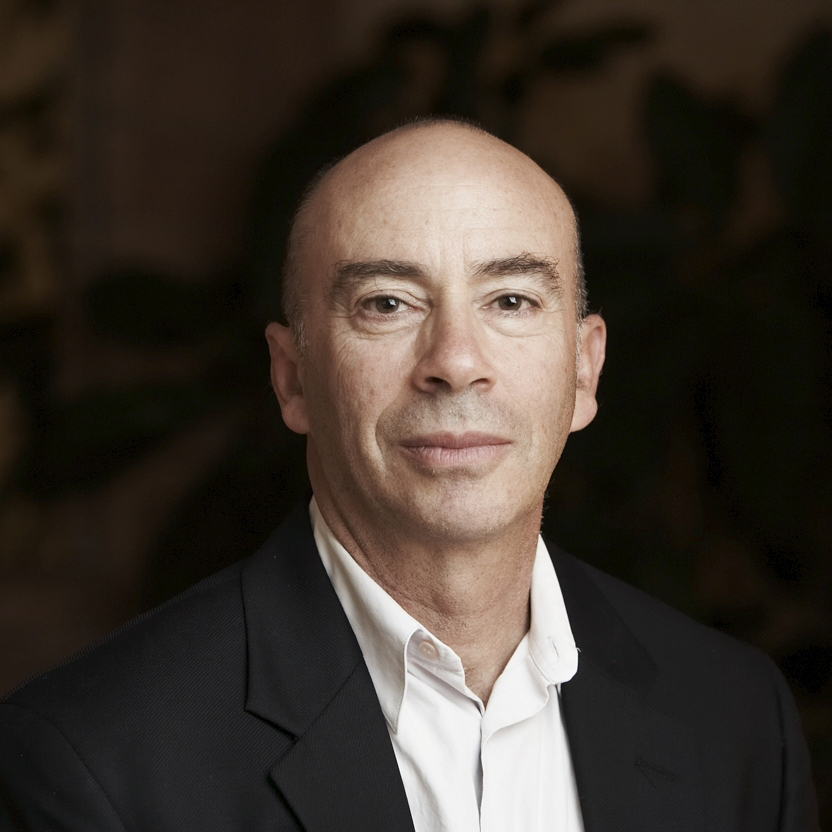During a session of a Mindful Non-Profit Leadership Program I co-teach, I learned a new improv game that has had a surprising impact on my life. It has shown me how easy it is to not be fully committed to the choices I make. It has also helped me to see those choices and tendencies more clearly and ultimately, to commit more fully.
It’s a simple game. It goes like this. One person, at random in the group, proposes an activity, with confidence: “Let’s go ice skating!” Everyone in the group responds with enthusiasm, “Yes, lets!” Then, each person fully commits to the activity, imagining and embodying the act of ice skating as fully as possible, for fifteen or twenty seconds. Then another person steps up and proposes a different activity, “Let’s blow out the birthday cake candles.” Again, each person in the group responds, saying wholeheartedly, “Yes, lets!” Followed by acting out blowing out the birthday candles… Usually there is much laughter. Everyone gets to notice their own resistance and at the same time how good and freeing it feels to not resist, to completely go with the idea, even when it’s not your idea and may be somewhat outside your comfort zone.
After one of the sessions, a friend asked if I wanted to go for a walk. Without hesitating, I responded, “Yes, lets!” My response and enthusiasm was surprising (even to me!), and I explained the context and the game to my friend. Normally, I may have said yes to the offer to go for a walk but it might not have been a wholehearted yes. Instead, I might have been thinking of the work I could have been doing, or the rest I could have been taking, or other possible ways to use that time. My “yes” would not have been nearly as enthusiastic and resistance-free. My friend and I laughed about my response of “Yes, lets!” It felt really good and uplifting to choose to be so wholehearted, and my enthusiasm about spending time with my friend made them feel good too.
It is easy to “cover our bets” whether consciously or unconsciously. It is easy to not be fully committed to the work we are doing, to our relationships, or to any activity. I believe that embedded in the definition of mindfulness practice is our ability to have multiple perspectives, and at the same time to choose, making these choices with our full selves, and with our whole hearts.
Only about a third of workers in the United States feel engaged in their work – a startling statistic indeed. I haven’t seen statistics about lack of engagement in primary relationships, but I suspect these figures would be equally as grim (if you know of any studies on this topic, I’d be interested to see them). It is perhaps easier to choose to not be fully present and engaged with any one person or activity but this lack of commitment can be deadening to our spirits. I suspect that this lack of deep commitment and our reluctance to make more wholehearted choices, in our work lives and relationships, is often connected to our fears, as well as issues of unworthiness or self-doubt, and powerlessness.
The practices of “Yes, lets!” can be surprisingly freeing, empowering, and confidence building. Doing anything wholeheartedly, in fact, can be a refreshing and life-changing practice.
Try it yourself and see what you notice!
Here is a five minute guided meditation featuring the practice of wholeheartedness and committing fully. I hope you like it.


